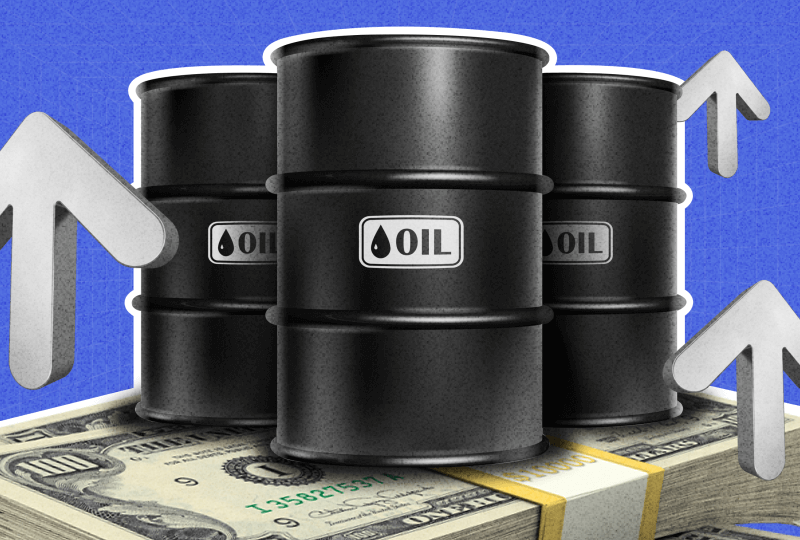Over the past year and a half, Nigerians have grappled with skyrocketing petrol prices, placing a significant strain on household budgets and businesses. The removal of fuel subsidies, global market fluctuations, and domestic supply chain challenges have contributed to this persistent pain at the pumps. With prices already hovering around ₦900-1200 per litre in some parts of the country, many are wondering: is the worst yet to come?
The escalating conflict between Israel, Hezbollah, and Iran threatens to further disrupt global oil markets, potentially sending petrol prices soaring to unprecedented heights.
Will Nigerians face even more hardship at the fuel stations, or is there a glimmer of hope on the horizon
Here is what you should know:
The escalation of the conflict between Israel, Hezbollah, and Iran can impact oil prices and inevitably, petrol prices. Here’s why:
- Geopolitical tensions in the Middle East often lead to market volatility.
- Iran is a significant oil producer (4.5 million barrels/day).
- Potential disruptions to oil supply chains and exports.
- Global oil markets may react to perceived risks, driving up prices.
For Nigeria:
- Higher global oil prices would increase revenue, beneficial for Nigeria’s oil-dependent economy.
- However, Nigeria’s oil production has been declining, mitigating potential gains.
- Increased global prices would also raise costs for Nigeria’s petroleum imports, exacerbating domestic fuel price hikes.
Current context:
- Nigeria’s petrol price has risen significantly due to subsidy removal and global market pressures.
- Further price increases would burden Nigerian consumers.
Monitoring the situation closely is crucial, as escalating tensions could lead to:
- Increased oil prices
- Greater economic strain on Nigeria
- Potential for government intervention to mitigate price hikes.





Add Comment